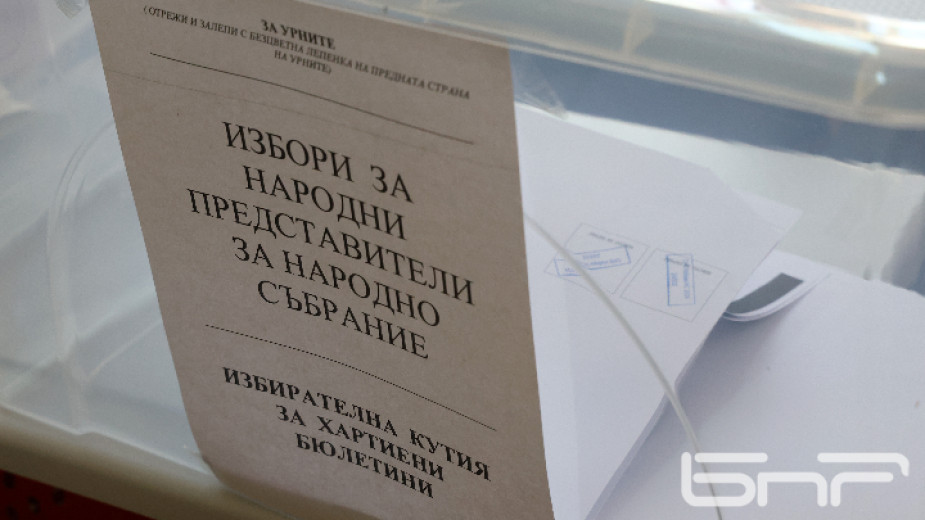Woker (2013) criticises the excessive political correctness in the use of terminology for example when referring to the Rroma minority, a terminology which complicates a transparent view of the current debate. With the name “Roma and Sinti” in Germany, the Sinti are presented as a separate group from the Rroma, although they are part of the Rroma as a whole. By this institutionalised political correctness – according to Woker – one makes it more difficult to detect and respond to problems with the minority: “There is a tendency , somewhat premature to suspect a deep-rooted antiziganism. Instead to recognise the real existing problems as such and to recognize and respond to these with social policy measures, authorities and the media often escape into a politically correct vocabulary to prove at least their good will.”
Woker fails to recognise that this recognition is precisely the very real problem. Are the so-called poverty migrants from Romania and Bulgaria, which are negatively represented in the German media and are usually identified as Rroma, poor and uneducated because they are Rroma? Woker comes close to this conclusion. At the end of his article, Woker cites Mappes-Niedieks’ book “Poor Roma , bad Gypsies”, a book which makes a clear separation between cultural characteristics of Rroma, who are anyhow very heterogeneous, and their ascribed identity from intentional non-integration, nomadism, illiteracy, or culturally related delinquency. Therefore, the crucial question is not really the one of political correctness, but the one on how the conditions that lead to poverty, lack of education, and exclusion are brought into relationship with an ethnic origin. In Germany there are many well-integrated Rroma who do not want to recognise themselves as Rroma just because of the one-sided focus on problem cases. In this case, to trivialise political correctness just means to play down stigma. One thus must ask the question whether it is not highly problematic to ascribe a cultural identity to people, an identity which is the result of the exclusion of the majority society. Political views on culture need to be recognised as being politicised and need to be critically questioned.
- Woker, Martin (2013) Roma? Sinti? Zigeuner? In: NZZ online vom 8.10.2013. http://www.nzz.ch/aktuell/feuilleton/medien/roma-sinti-zigeuner-1.18163686







